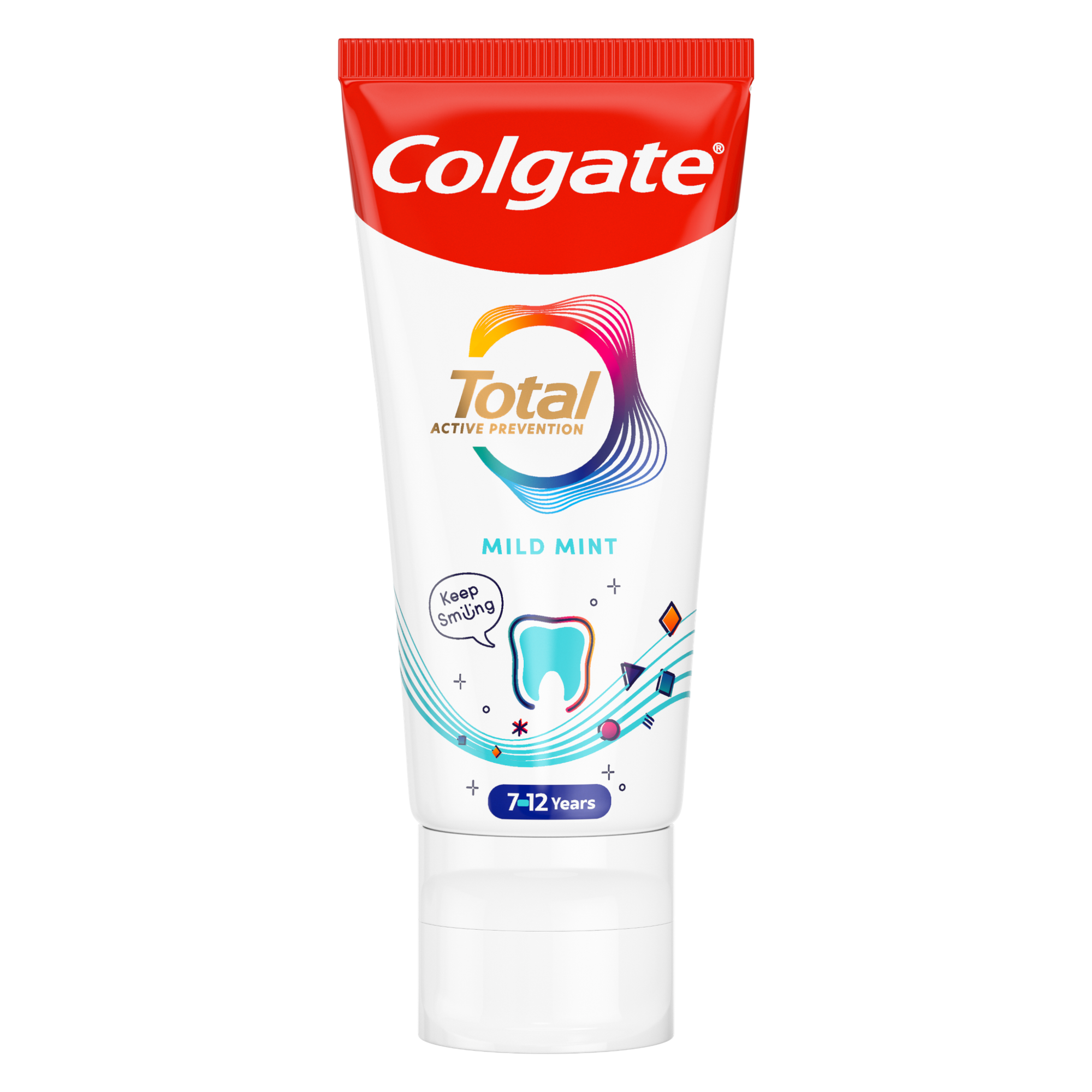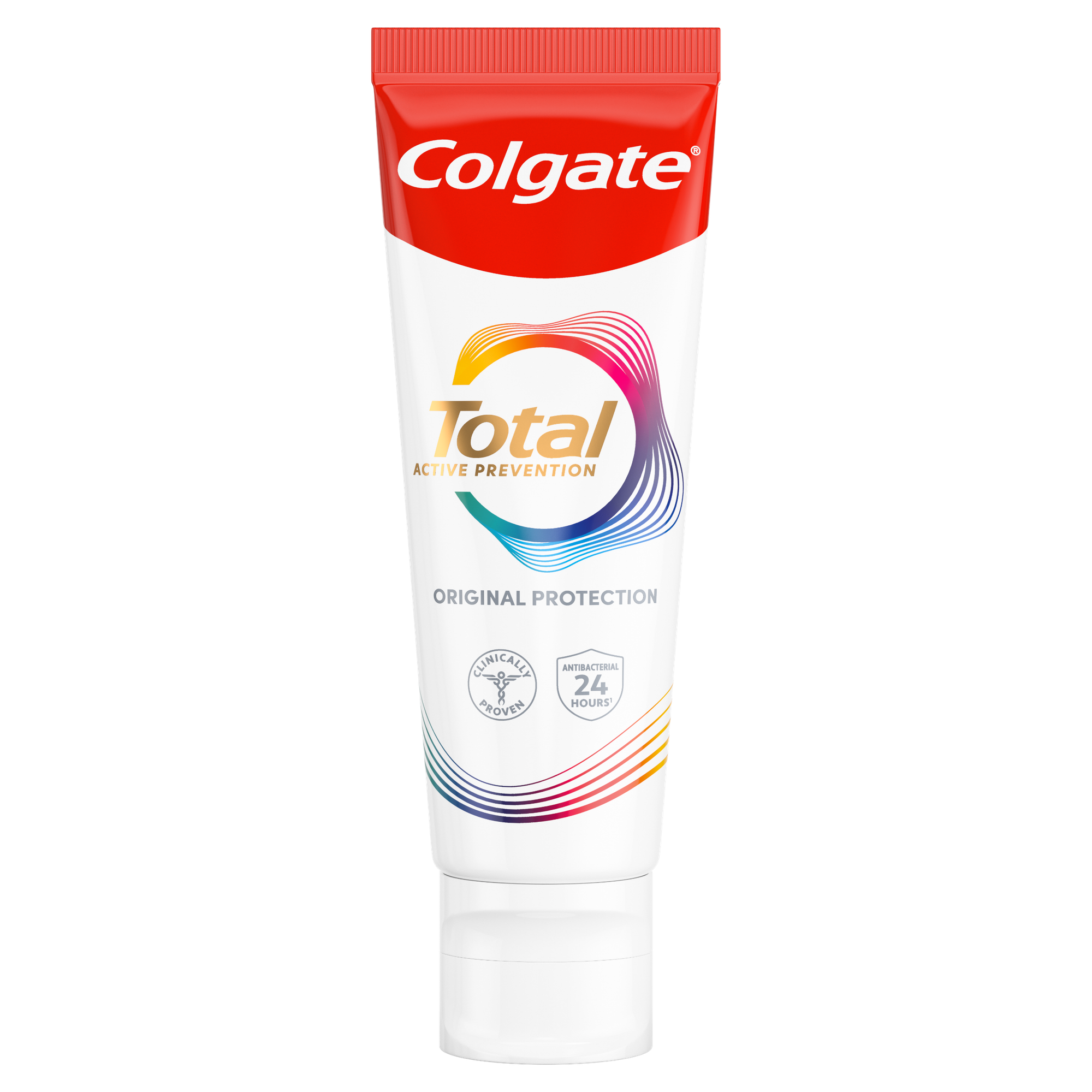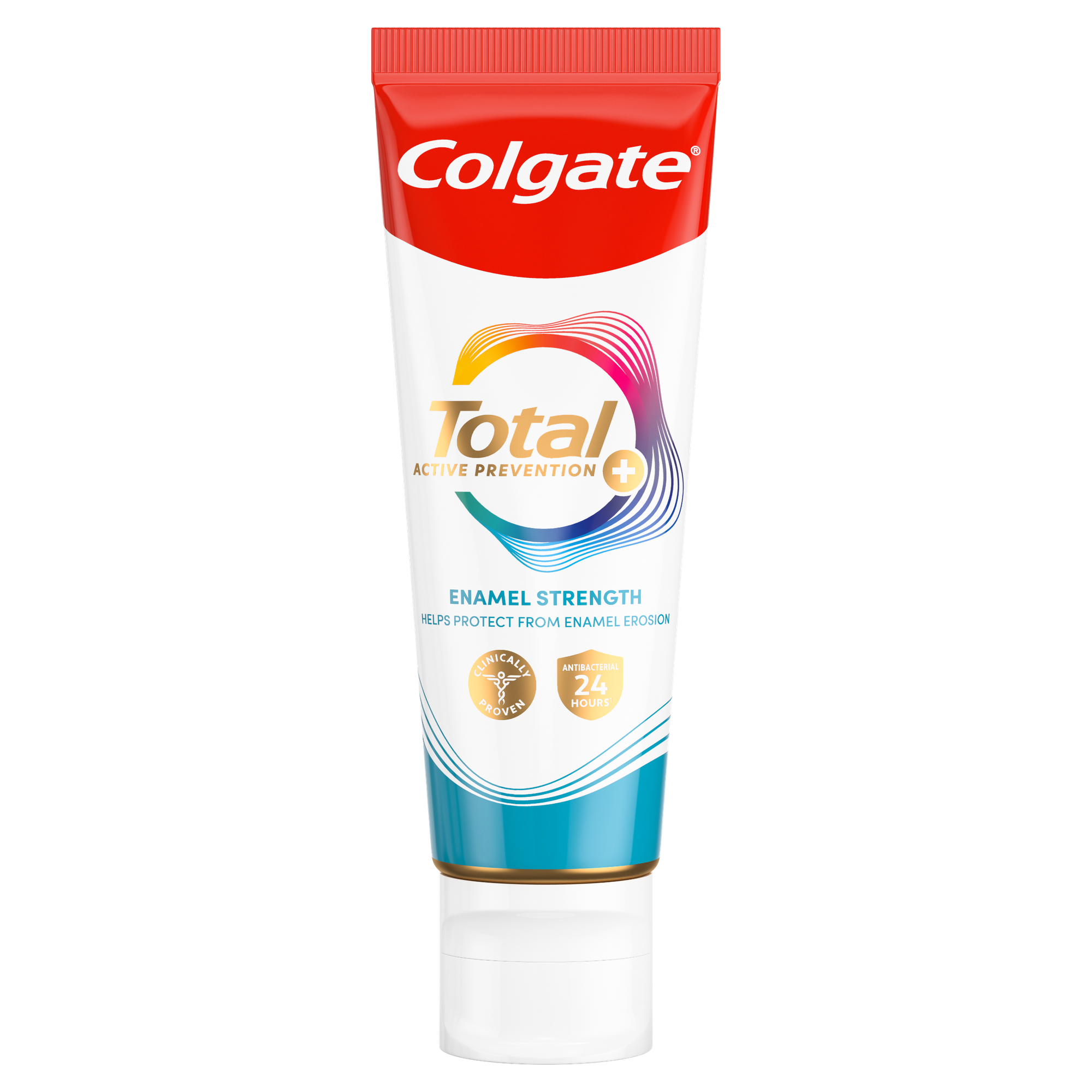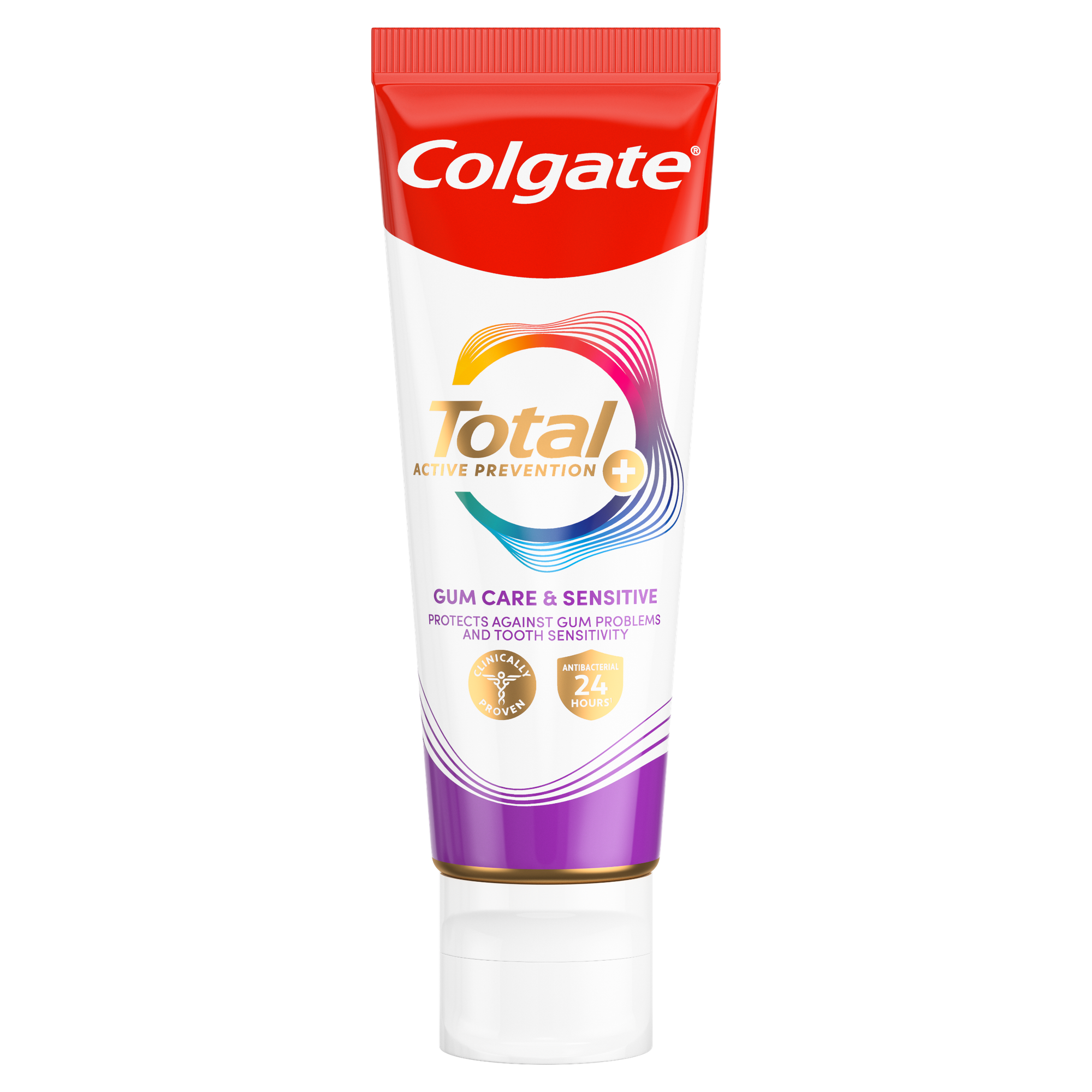What Are Dentures Made Of?
Combinations of porcelain, acrylic resin, nylon and chrome cobalt metal are used to make dentures. Porcelain used to be the preferred material for making denture teeth, but resin has taken over in popularity because it's lighter and cheaper, and the material sticks better to the denture base.
Most denture bases are made of acrylic resin or chrome cobalt metal. An advantage of using acrylic resin is that it can be dyed to match the patient's gums, but metal is less likely to break if the dentures are dropped. A third option is a flexible denture base made of nylon.
Problems With Regular Dentures
Flexible dentures help prevent many of the problems that regular dentures cause. Dentures that have a rigid resin or metal base can take some getting used to. As well as growing accustomed to the feel of the dentures, the patient has to learn how to hold them in place with the cheeks and tongue. New dentures often cause soreness and irritation in the early days, and patients must learn how to clean them carefully to avoid breakages.
Benefits of Flexible Dentures
Flexible dentures provide a solution for patients who can't or don't want to use regular dentures. The most obvious advantage is that they aren't brittle, so they're less likely to shatter if they're dropped. Dentures.org.uk lists some more benefits:
- They cling to the gums and don't require denture adhesive or metal clasps to hold them in place.
- The material is clear and allows the natural gum colour to show through.
- They don't take as long to manufacture as regular dentures.
There are also more advantages of these specialised dentures. Comfort is a major benefit, and patients often find chewing easier than when wearing regular dentures. Some patients are allergic to certain materials in traditional dentures, and some have difficulty opening their mouths wide. For these patients, the flexible variety may be the only type they can wear.
Disadvantages of Flexible Dentures
Though dentures with soft bases aren't likely to break when dropped, patients should clean them carefully. The flexible base is more prone to bacteria build-up than a rigid base. Remove the dentures every day and brush them all over with a toothbrush and warm water to keep them fresh, and swish a mouthwash that helps prevent gingivitis. Brush any remaining teeth twice a day and floss between them once a day.
Flexible dentures are one of the many options available to replace natural teeth effectively. If you think they might be the right choice for you, talk to your dentist.
ORAL HEALTH QUIZ
What's behind your smile?
Take our Oral Health assessment to get the most from your oral care routine
ORAL HEALTH QUIZ
What's behind your smile?
Take our Oral Health assessment to get the most from your oral care routine













